
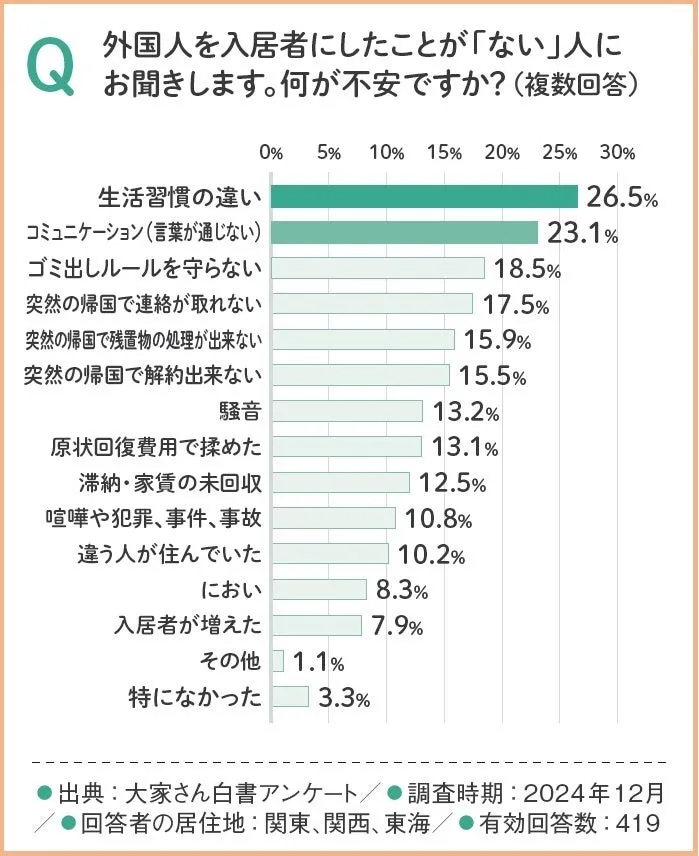
Landlords' Attitudes Towards Foreign Tenants: Insights from the 2025 Report
Growing Acceptance of Foreign Tenants Among Landlords
The recently released "Landlord's White Paper 2025" by Owners Style provides an insightful overview of landlords' attitudes toward foreign tenants in Japan, highlighting both acceptance and lingering concerns. As the demand for rental properties continues to rise among foreign professionals and students in Japan, understanding the mindset of landlords is becoming increasingly vital.
According to the survey, about 43.3% of landlords have already welcomed foreign tenants. The majority of these tenants come from Asian countries, with China (121 tenancies), Vietnam (62 tenancies), and South Korea (40 tenancies) leading the way. This trend reflects the growing rental needs of foreigners seeking employment or academic opportunities in Japan, suggesting a gradual shift in landlords' acceptance of this demographic as part of their rental strategies.
However, the research also reveals that a significant 65% of landlords still experience some level of resistance to renting to foreigners, indicating the persistence of psychological barriers. The main concerns revolve around issues related to cultural differences in lifestyle (26.5%) and communication barriers due to language (23.1%). Many landlords express fears that these differences could lead to everyday living troubles.
Interestingly, the actual problems reported by landlords who have rented to foreigners suggest a lower frequency of issues than expected. The difficulties cited include tenants not adhering to garbage disposal rules (10.1%), differences in lifestyle (10.1%), noise (5.8%), and language barriers (5.8%). These results show that landlords may overestimate potential conflicts when renting to foreign tenants, as their worries do not align with real-life experiences.
The Importance of Support Systems
The survey further explored how additional support could alter landlords’ prospects of accepting foreign tenants. When asked if they would reconsider their stance on renting to foreigners with the backing of support systems, such as dedicated call centers for tenant assistance or rent guarantee services for foreigners, 34.9% responded affirmatively. This statistic indicates that clear support mechanisms could significantly lower resistance, suggesting that approximately one in three landlords might be open to welcoming foreign tenants under the right conditions.
Eiki Ueda, the chief editor of Owners Style, commented on this finding: "Foreign workers and students who come to Japan do so with positive expectations and a desire for new experiences. Providing them with safe places to live not only fulfills a social responsibility but also enriches the lives of landlords. Interacting with diverse cultures and new perspectives can bring vital stimulation and learning opportunities to everyday life."
Ueda highlighted that becoming flexible in accepting foreign tenants can lead to various advantages, even for older properties and smaller units. These benefits include raising rents for furnished properties, leveraging acquaintances to facilitate tenant introductions, and ultimately, making the rental business more rewarding.
The Comprehensive Nature of the White Paper
The "Landlord's White Paper 2025" provides an extensive account of the rental landscape from the perspectives of landlords across the Kanto, Kansai, and Tokai regions. This edition, released for the first time in a decade, includes insights from over 2,000 respondents and covers 180 different facets of landlord experiences and viewpoints.
From understanding landlord profiles to how they deal with issues related to maintenance, tax, and tenant management—including challenges related to foreign tenants—the White Paper encapsulates a complete picture of contemporary rental practices. It further delves into strategies for addressing vacancies and handling conflicts, offering valuable insights for improving landlord-tenant relations.
With everything from demographic trends and construction intentions to inheritance and tax issues tackled in this report, the "Landlord's White Paper 2025" serves as an indispensable resource for current and prospective landlords. Those interested in acquiring a copy can find details on how to purchase on the Owners Style website.
Conclusion
In conclusion, as Japan continues to open its doors to a diverse range of cultural backgrounds, the perspectives of landlords toward foreign tenants must evolve. By addressing the underlying fears and providing solid support structures, landlords can transform their rental practices into inclusive and enriching experiences that benefit everyone involved. With a more informed approach, the reality of renting to foreigners can prove to be an asset rather than a hurdle in Japan's rental market.
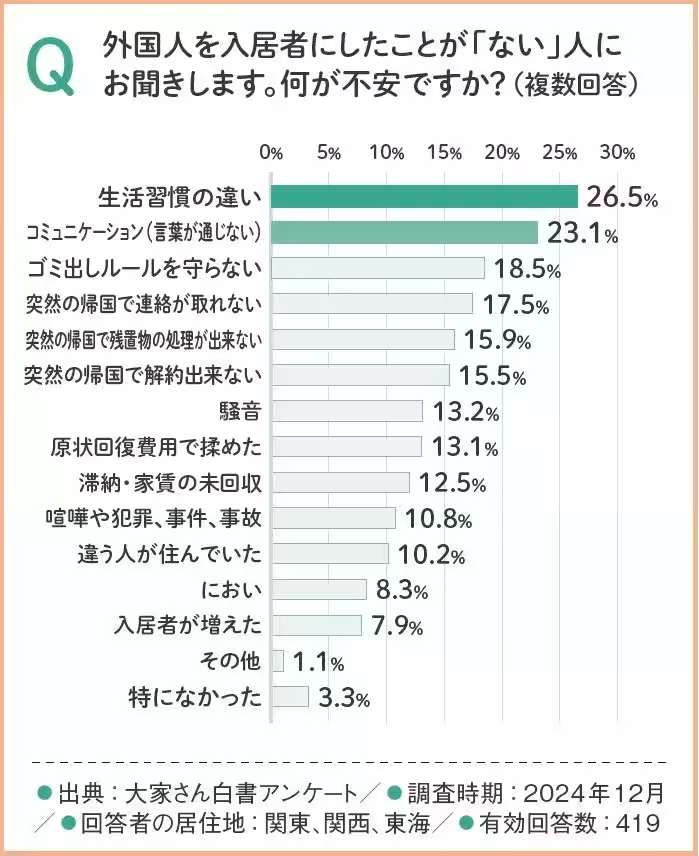
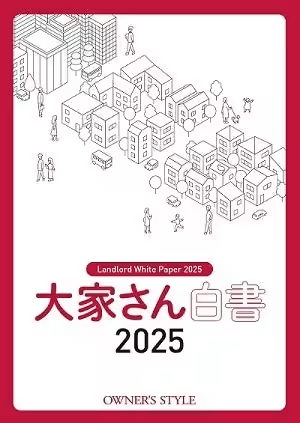
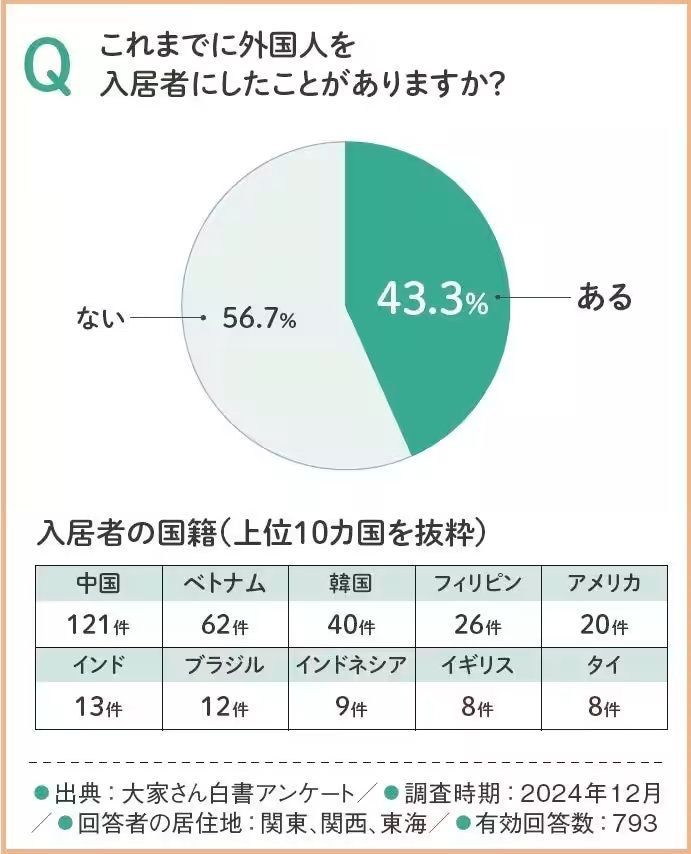
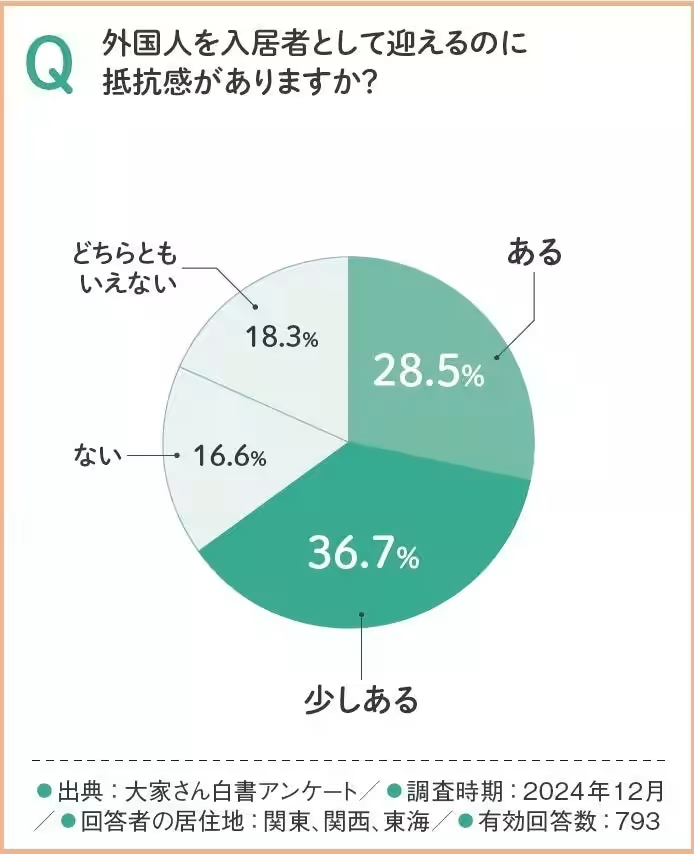
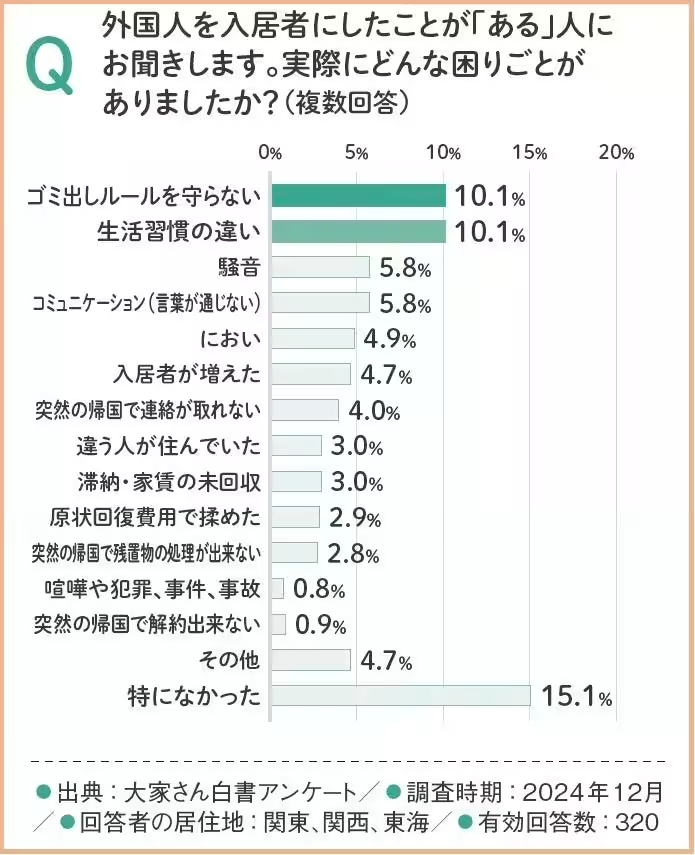
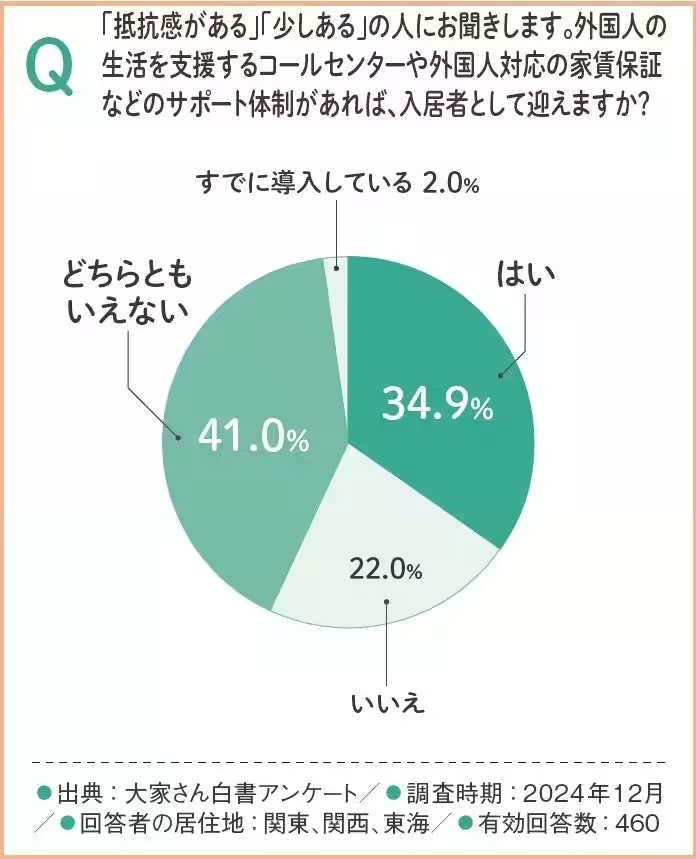
Topics Consumer Products & Retail)










【About Using Articles】
You can freely use the title and article content by linking to the page where the article is posted.
※ Images cannot be used.
【About Links】
Links are free to use.